It notes that studies of the effects of CPAP on blood pressure have demonstrated only small effects on blood pressure with results dependent on patient adherence to. Among the most serious consequences of sleep apnea.
 Sleep Apnea Snoring S Dangerous Partner By Quitsnoring Solution Medium
Sleep Apnea Snoring S Dangerous Partner By Quitsnoring Solution Medium
However individuals with sleep apnea experience irregular heart rate.

Sleep apnea and high blood pressure. If you have sleep apnea your blood pressure may not fall which can lead to high blood pressure. Sleep apnea and high blood pressure have both been linked to a significantly increased risk of severe complications such as stroke and heart attack. While more severe sleep apnea with over 30 lapses in breathing presents the highest risk this sweeping study found that even modest sleep apnea is associated with an increased risk of high blood pressure.
Obstructive sleep apnea OSA is a recognized cause of secondary hypertension. Sleep apnea affects how much oxygen your body gets while you sleep and increases the risk for many health problems including high blood pressure heart attack and stroke. Research also suggests that sleep apnea and high blood pressure are a dangerous combination.
The prevalence of OSA 4 is estimated to be between 4 and 7 of the general population but it affects 30 to 40 of people with hypertension. This puts increased stress on your heart because it has to work harder to normalize your blood pressure. High blood pressure symptoms snoring and breathing stops during sleep.
When an individual has sleep apnea they face breathing pauses while they are sleeping. Sleep Apnea and High Blood Pressure. Children with sleep apnea have higher daytime diastolic pressure and less nocturnal dipping of blood pressure than body mass-matched controls.
A national multi sleep study of over 6000 men and women conducted through the John Hopkins School of Public Health found a correlation between high blood pressure and sleep apnea. Studies show that daytime blood pressure levels also increase with osa severity. When the heart beats it creates a pressure that moves blood through the body this pressure is known as blood pressure.
Research suggests that oxygen desaturation and sleep stage during obstructive sleep apnea OSA are related to the magnitude of high blood pressure BP in a laboratory setting. CSA isnt a known cause of hypertension but it develops in 30 to 50 of people with heart failure. Also consider how proper diet and regular exercise help to control normal blood pressure.
However in a clinical setting these associations have not been well studied. Of the two types of sleep apnea only OSA is linked to high blood pressure 3. The connection doesnt end there.
Treating high blood pressure symptoms and sleep apnea There are 3 reliable clinical symptoms for have sleep apnea. The human body relies on the circulatory system to supply oxygenated blood to our organs. Every time your oxygen level drops this raises your blood pressure and causes an adrenaline surge.
In many patients blood pressure remains elevated during the daytime when breathing is normal. OSA episodes produce surges in systolic and diastolic pressure that keep mean blood pressure levels elevated at night. However the guideline also recommends that in adults with hypertension and obstructive sleep apnea the effectiveness of continuous positive airway pressure CPAP to reduce blood pressure is not well established.
When blood oxygen content is low the brain sends signals to the blood vessels to tighten as a way of helping improve the flow of blood. Nocturnal Nondipping Blood Pressure Patterns. When this happens their blood oxygen levels decrease and add strain to their cardiovascular system.
As blood oxygen declines during the night as is common for someone who has untreated Sleep Apnea it has a side effect of raising blood pressure levels. Blood pressure levels are not just elevated at night. Most medical experts agree that there is a strong link between sleep apnea and high blood pressure.
11 Thus younger patients with OSA may be more susceptible to consequent hypertension than the elderly. This suggests a connection between sleep apnea and blood pressure spikes. About 50 of sleep apnea patients have hypertension and almost 30 of hypertensive patients also have sleep apnea often undiagnosed.
Sleep Apnea and high blood pressure are closely related. Associated health risks of unregulated high blood pressure. It is more common among Blacks Hispanics and Native Americans than among whites.
In many people that have obstructive sleep apnea blood pressure remains elevated during the daytime when breathing is normal. In those without sleep apnea blood pressure levels drop by 10 to 20 percent during sleep. Hypertension Canada states that untreated sleep apnea can increase the risk of high blood pressure along with heart attack stroke and obesity.
We used a noninvasive oscillometric BP meas.
 Sleep Apnea Shares Deadly Risks Of Hypertension
Sleep Apnea Shares Deadly Risks Of Hypertension
 Sleep Apnea And High Blood Pressure Everything You Need To Know Health Sqyre
Sleep Apnea And High Blood Pressure Everything You Need To Know Health Sqyre
Sleep Apnea Treatment Dr Monica Gobran Request A Consultation
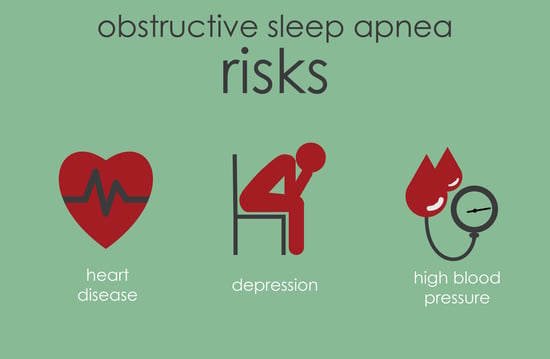 Sleep Apnea And High Blood Pressure
Sleep Apnea And High Blood Pressure
 The Effects Of Sleep Apnea On The Body
The Effects Of Sleep Apnea On The Body
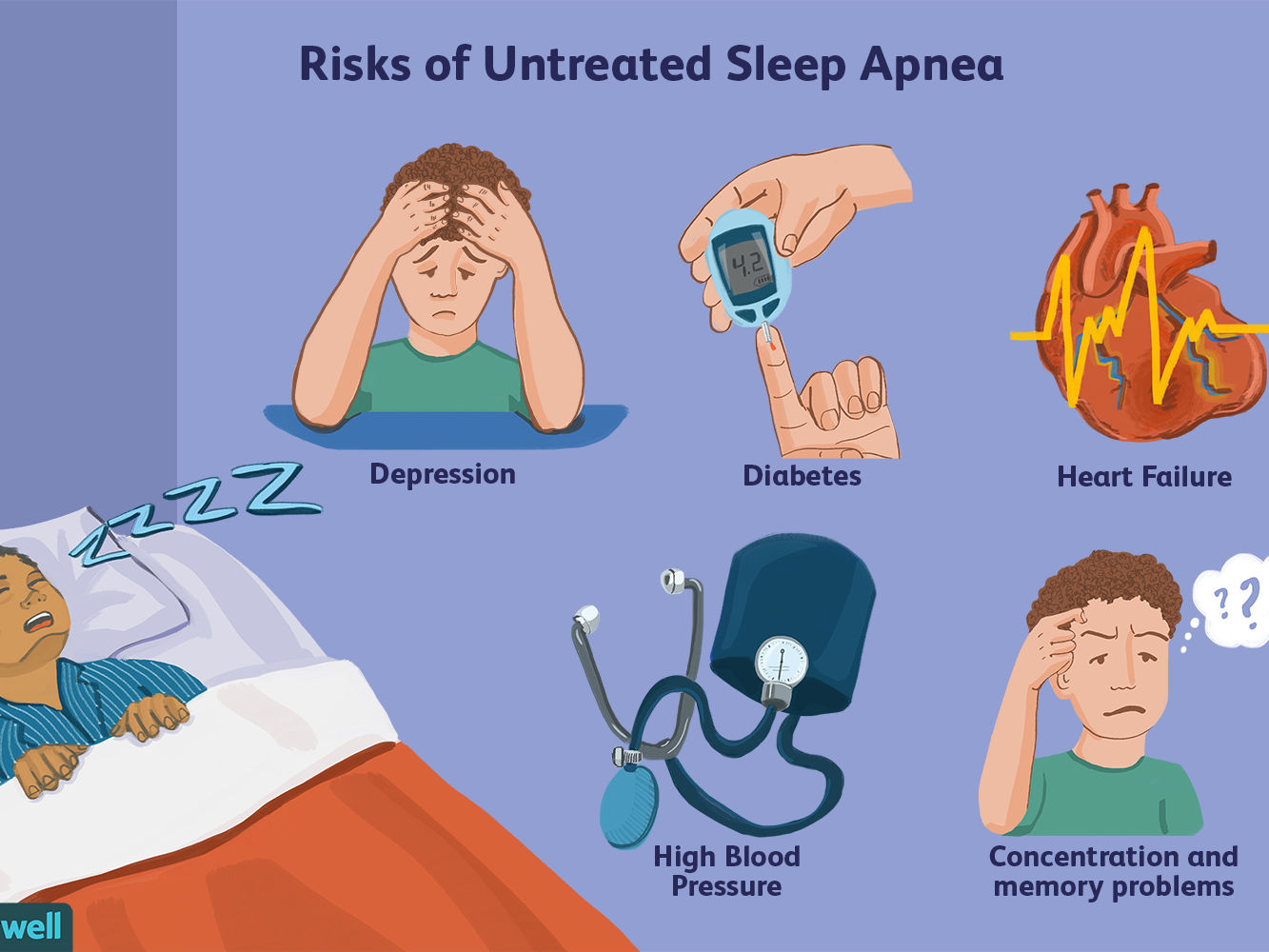 Signs Of Sleep Apnea Signs Of Sleep Apneasigns Of Sleep Apnea
Signs Of Sleep Apnea Signs Of Sleep Apneasigns Of Sleep Apnea
 Can Sleep Apnea Cause High Blood Pressure Singular Sleep
Can Sleep Apnea Cause High Blood Pressure Singular Sleep
 New Guideline Discusses Sleep Apnea And High Blood Pressure
New Guideline Discusses Sleep Apnea And High Blood Pressure
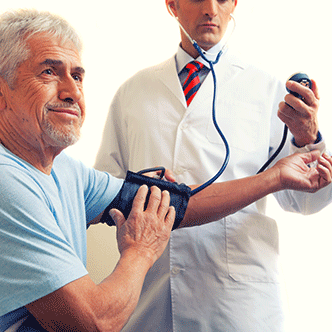 Sleep Apnea And High Blood Pressure A Dangerous Pair Cardiosmart American College Of Cardiology
Sleep Apnea And High Blood Pressure A Dangerous Pair Cardiosmart American College Of Cardiology
 Heart Disease And Sleep Apnea Are A Dangerous Combination
Heart Disease And Sleep Apnea Are A Dangerous Combination
 Treating Sleep Apnea Can Lower Your Blood Pressure Everyday Health
Treating Sleep Apnea Can Lower Your Blood Pressure Everyday Health
 New Guideline Discusses Sleep Apnea And High Blood Pressure
New Guideline Discusses Sleep Apnea And High Blood Pressure
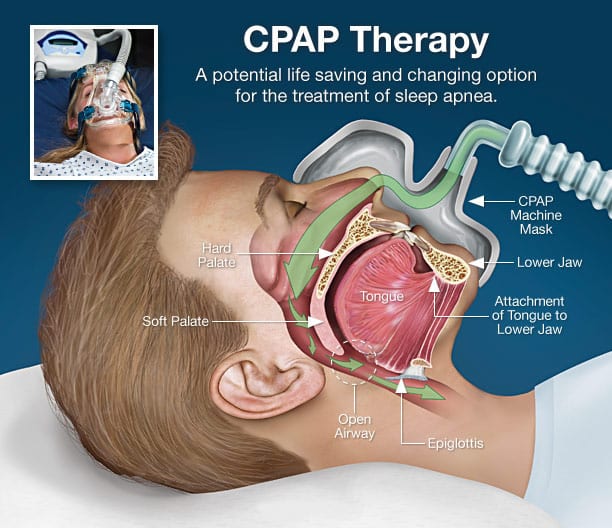 Does Cpap Lower High Blood Pressure Sleepquest
Does Cpap Lower High Blood Pressure Sleepquest
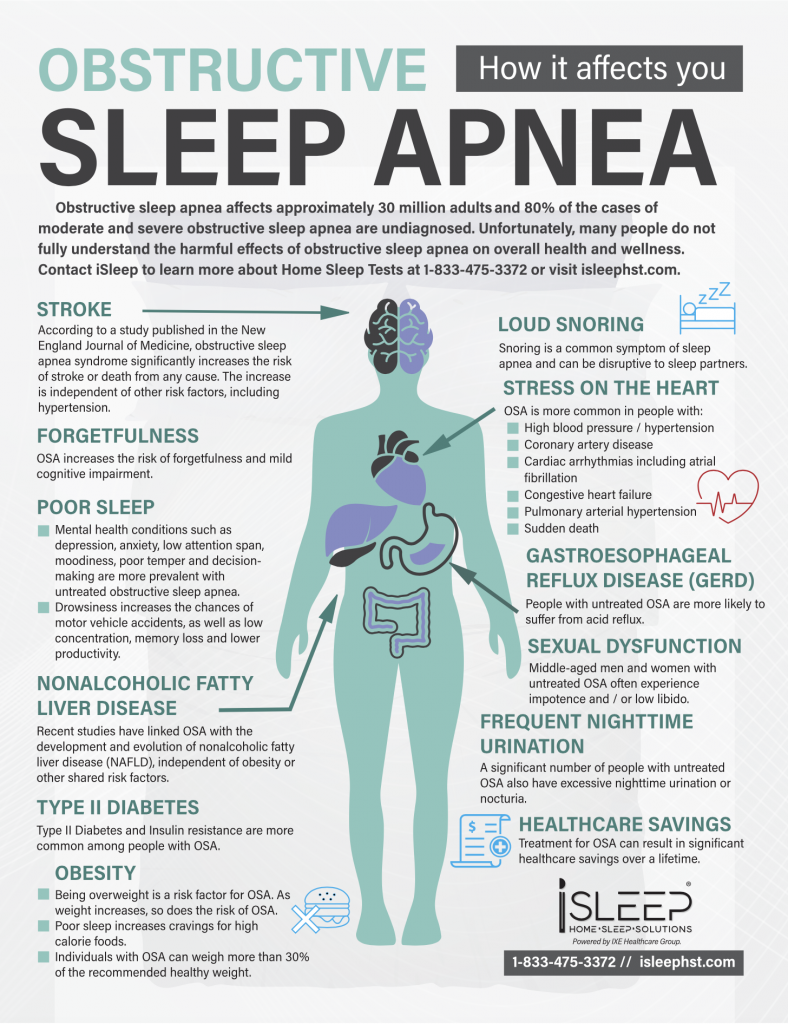
No comments:
Post a Comment
Note: Only a member of this blog may post a comment.